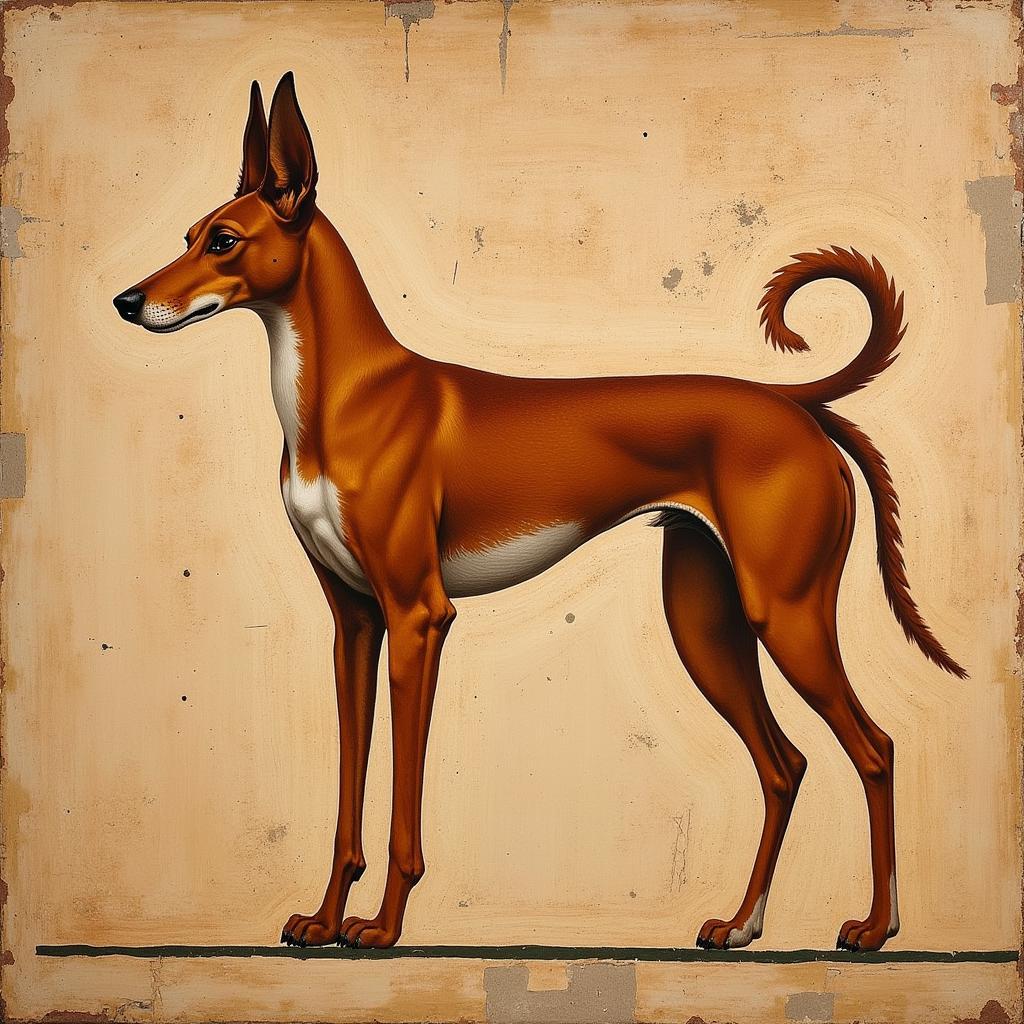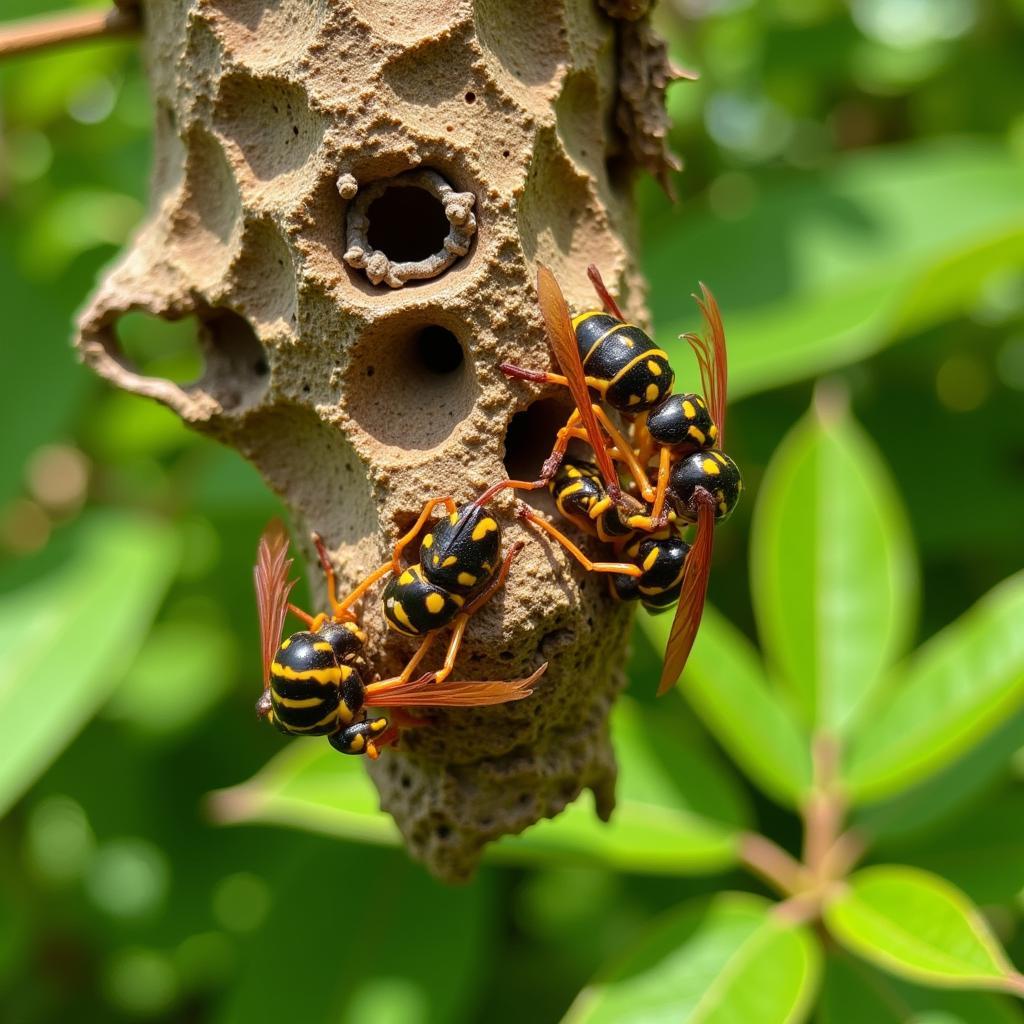Discovering African Batik Fabric in the UK
African batik fabric has captivated the UK with its vibrant colours, intricate patterns, and rich cultural heritage. From fashion designers to home decorators, this unique textile offers endless creative possibilities. This article delves into the world of African batik fabric in the UK, exploring its history, techniques, and where to find it.
A Journey Through the History of African Batik
Batik, a wax-resist dyeing technique, has a long and fascinating history in Africa. Although its origins are debated, evidence suggests it may have independently emerged in various regions of the continent. While some scholars trace influences from Asia, African batik has developed its own distinctive styles and traditions, often deeply intertwined with local customs and beliefs. For example, certain patterns and colours hold symbolic meaning, representing social status, clan affiliation, or spiritual concepts. The process of creating batik involves meticulous application of melted wax onto fabric, creating a resist that prevents dye from penetrating certain areas. This intricate process allows for the creation of complex designs, each telling a unique story.
After this introduction to the history of batik, you might be interested to see some modern applications. Check out these African fashion designs pictures.
Exploring the Diversity of African Batik Fabric in the UK
African batik fabric available in the UK showcases the continent’s incredible diversity. From the bold geometric patterns of West Africa to the intricate floral designs of East Africa, the range of styles and colours is vast. Ghana, Nigeria, and Senegal are renowned for their vibrant batik traditions, each with its own unique characteristics. The UK market offers access to a wide selection of these fabrics, both online and in specialist shops. This availability has fuelled the growing popularity of African batik in the UK, influencing fashion, interior design, and other creative fields.
Where to Find Authentic African Batik Fabric in the UK
Finding authentic African batik fabric in the UK is easier than you might think. Numerous online retailers specialize in sourcing ethically produced textiles directly from African artisans. This ensures the preservation of traditional techniques and supports local communities. Additionally, several brick-and-mortar shops across the UK stock a curated selection of African batik fabrics. Visiting these shops offers a unique opportunity to experience the texture and vibrancy of the fabric firsthand. Markets and fairs specializing in African crafts and textiles also provide excellent opportunities to discover unique pieces.
How to Identify Authentic African Batik
While the abundance of choices is exciting, it’s important to be able to identify authentic African batik. Genuine batik is typically hand-made, resulting in slight imperfections and variations in the pattern. The wax resist method leaves a characteristic crackle effect, adding to its unique charm. Mass-produced imitations often lack this distinctive feature. Paying attention to these details can help ensure you’re purchasing authentic, ethically sourced fabric.
Caring for Your African Batik Fabric
Proper care ensures your African batik fabric retains its vibrant colours and intricate patterns for years to come. Hand washing in cold water with a mild detergent is recommended. Avoid harsh chemicals and machine drying, which can damage the delicate wax resist. Ironing on a low setting can help smooth out wrinkles, but avoid direct contact with the iron on the waxed areas. These simple steps will help preserve the beauty and longevity of your African batik.
You can find more information about the rich history of African textiles by exploring our article on African heritage clothing. Learning about the cultural significance of these fabrics adds another layer of appreciation to their beauty.
Unleashing Your Creativity with African Batik
The versatility of African batik makes it ideal for a wide range of creative projects. From stunning African dresses and skirts to vibrant home decor accents, the possibilities are endless. Whether you’re a seasoned crafter or a beginner, incorporating African batik into your projects is a great way to add a touch of unique style and cultural richness. Its vibrant colours and intricate designs can transform any creation into a work of art. Looking for inspiration? Consider exploring our article on African kitenge.
In conclusion, African batik fabric in the UK offers a captivating blend of artistry and cultural heritage. From its intricate designs to its vibrant colours, it’s a textile that inspires creativity and celebrates the rich traditions of Africa. By understanding its history, techniques, and sourcing, you can fully appreciate the unique beauty and significance of African batik fabric.
FAQ
-
What is African batik fabric?
African batik is a textile made using a wax-resist dyeing technique, creating intricate patterns on fabric. -
Where can I buy African batik fabric in the UK?
You can find African batik fabric in the UK from online retailers, specialist shops, and markets. -
How do I care for African batik fabric?
Hand wash in cold water with mild detergent and avoid machine drying. -
Is African batik fabric expensive?
The price varies depending on the quality, size, and origin of the fabric. -
What can I make with African batik fabric?
You can create clothing, accessories, home decor items, and more with African batik fabric. -
How can I tell if African batik fabric is authentic?
Look for slight imperfections and the characteristic crackle effect of the wax resist method. -
What are some popular African batik patterns?
Popular patterns include geometric shapes, floral designs, and animal motifs.
Need more help? Contact us at +255768904061, kaka.mag@gmail.com or visit us at Mbarali DC Mawindi, Kangaga, Tanzania. Our customer service team is available 24/7.


